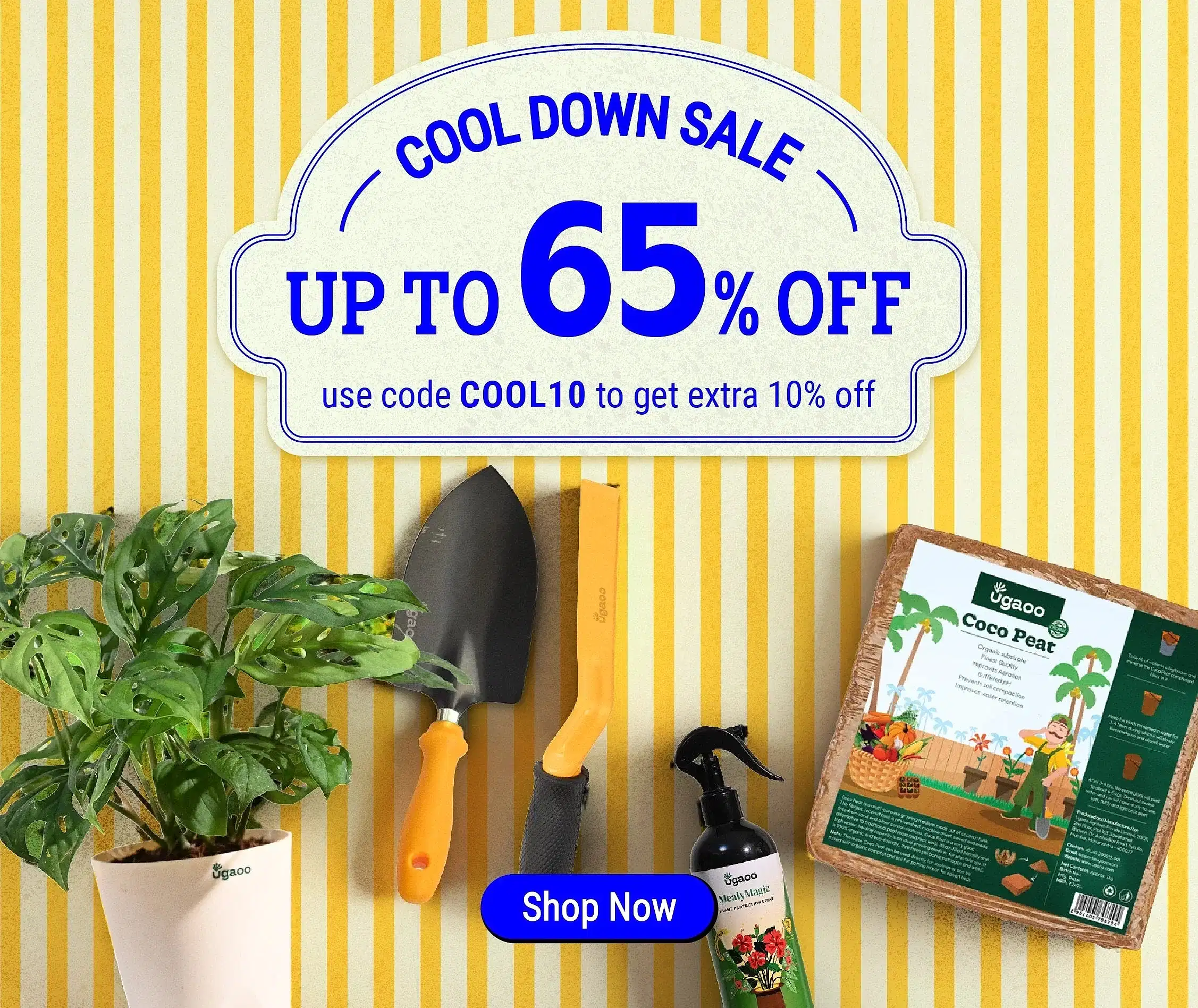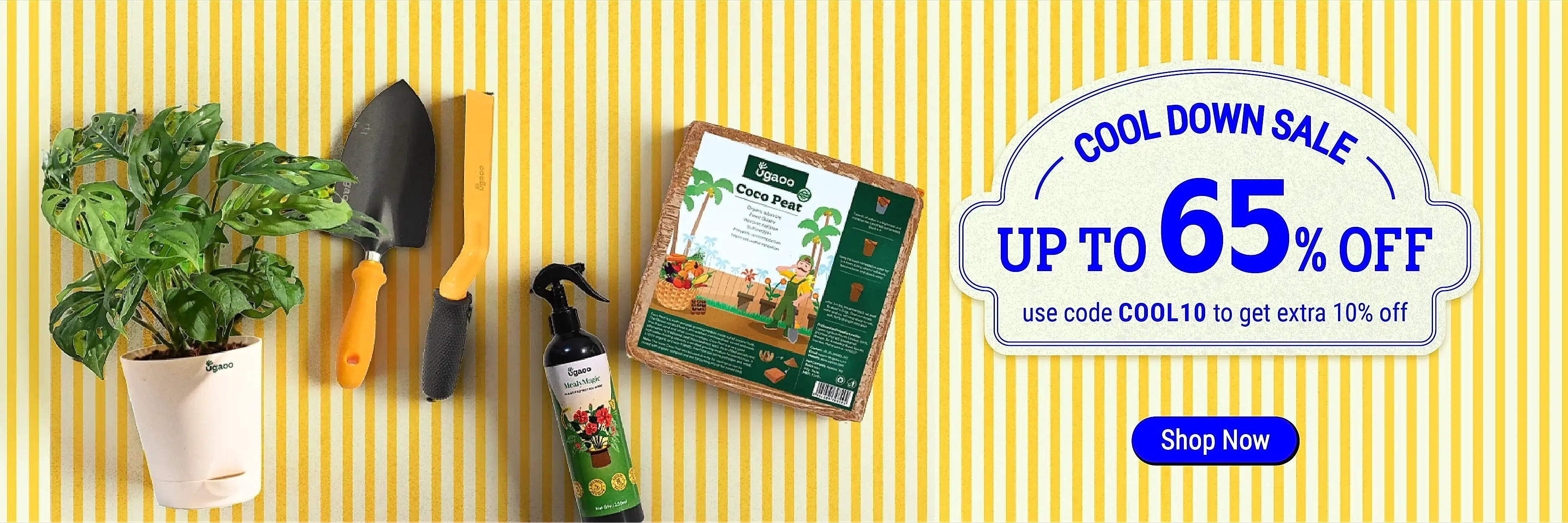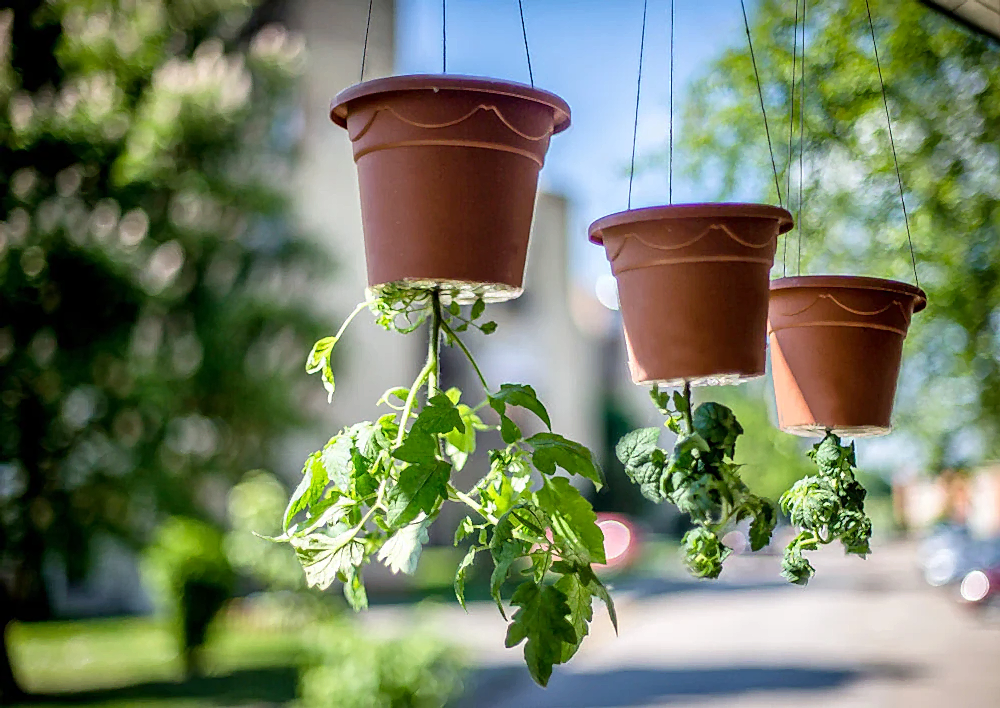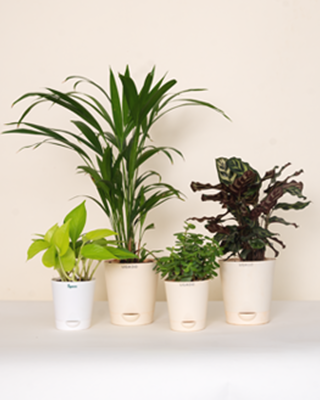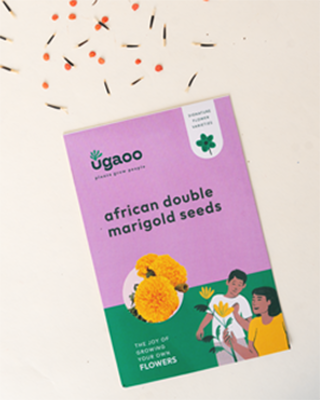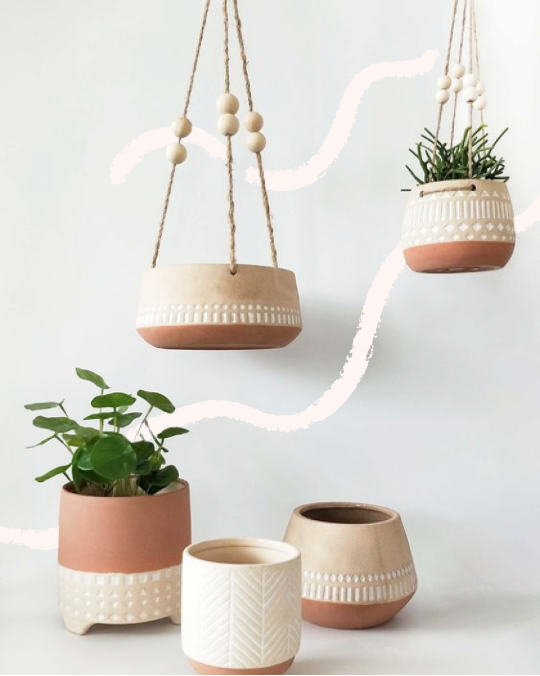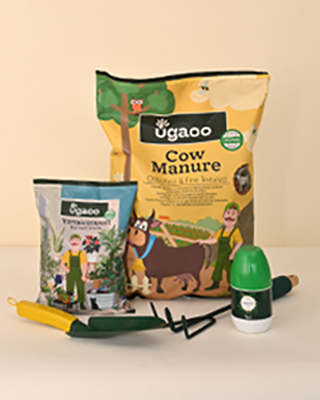Think gardening only happens from the ground up? Think again!
Upside down gardening flips the script—literally. Whether you're tight on space or just love experimenting with quirky plant trends, this gravity-defying method is as fun as it is functional.
From juicy tomatoes to lush herbs dangling mid-air, the whole concept of growing plants upside down is shaking up the gardening game in the coolest way.
Ready to dig into this topsy-turvy trend? Let’s turn your green thumb upside down—on purpose!
• What is Upside Down Gardening?

Upside down gardening is a unique planting technique where you're growing plants upside down instead of sprouting upwards from the soil.
It’s usually done by suspending planters or buckets with holes at the bottom, allowing plants to grow out through the bottom—roots up, shoots down.
It’s a quirky, space-saving, and surprisingly efficient way to grow certain veggies, herbs, and even flowers!
• Benefits of Growing Plants Upside Down: How Does It Really Help?

Yes, the idea of upside down gardening is pretty thrilling, whether you're a seasoned plant parent or a newbie. But will it really make a difference for your garden?
Absolutely! Here's how:
1. Perfect for small spaces and balconies
Perfect for balconies and small gardens—grow vertically and free up floor space for more plants or a cozy garden chair!
Plus, growing plants upside down just adds a wonderfully whimsical touch to your green corner.
2. Fewer Pests and Diseases

Hanging plants are less exposed to soil-borne pests, fungi, and diseases that commonly attack from the ground level.
Want to make sure your plants remain extra safe? Spray them with some neem oil spray and you've got protection guaranteed!
3. Improved Air Circulation
With foliage suspended in the air, your plant gets better airflow, which helps prevent mold and mildew.
4. Less Weeding Needed
Since there’s no exposed soil on top, you can skip the tedious weeding—your plants stay fuss-free and tidy.
5. Gravity Becomes Your Gardening Buddy
With plants growing downward, gravity helps pull water and nutrients from the roots to the tips with less resistance.
Hello, faster and healthier harvests!
• 5 Upside Down Gardening Ideas That You Can Get Started on Today!
Basically, yes, you can do upside down gardening and it will help you get healthier plants! But now the question remains: what are some great upside down gardening ideas that you can effortlessly implement in your space?
Here are 5 ideas that will help you get started!
1. Tomatoes in Hanging Buckets
Tomatoes are upside down gardening superstars! Use a sturdy bucket, cut a hole at the bottom, and let those juicy red fruits hang like plant chandeliers.
2. Herb Planters Over the Kitchen Window

Imagine fresh basil, oregano, or mint dangling right above your kitchen window—fragrant, space-saving, and ready to snip into your pasta or chai!
3. Strawberries in Hanging Baskets
Strawberries grow beautifully upside down and look adorable spilling out of a colourful basket. Bonus: they stay cleaner and bug-free.
4. Flower Showers on a Balcony Railing

Flip your flowerpots and let your petunias or nasturtiums cascade downward like a floral waterfall—dramatic, low-maintenance, and perfect for a splash of balcony color.
5. Upcycled Bottles for Mini Peppers
Reuse plastic bottles as quirky upside down gardening planters for chili or mini pepper plants. Eco-friendly and great for spicing things up—literally!
• Best Vegetables to Grow Upside Down

If you've stuck around till this part of the blog, you've probably already made up your mind— you want to experiment with upside down gardening, don't you?
Yup, we get it... it's too tempting a concept to pass up! So, here are some vegetables, fruits, and flowers that just work with this concept:
a. Some of the best vegetables to grow upside down: Tomatoes, Capsicums, Brinjals, Cucumbers, and Beans
b. Fruits that work: Strawberries and Cherries
c. Flowers that grow wonderfully upside down: Petunias, Nasturtiums, and Marigolds
Growing plants upside down is more than just a quirky trend—it’s a clever, space-saving, and eye-catching way to grow your favorite plants.
Whether you're sprouting tomatoes or trailing petunias, this method adds creativity to your green space.
So go ahead—flip the rules and let your garden hang out in style!

